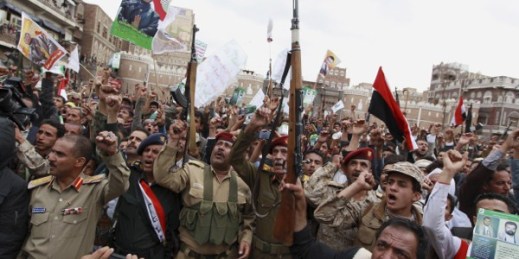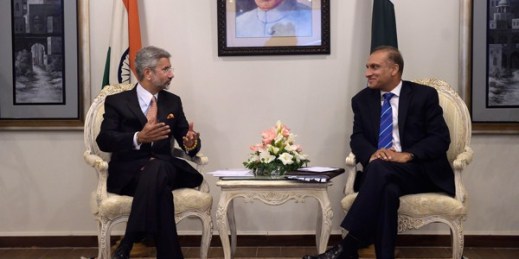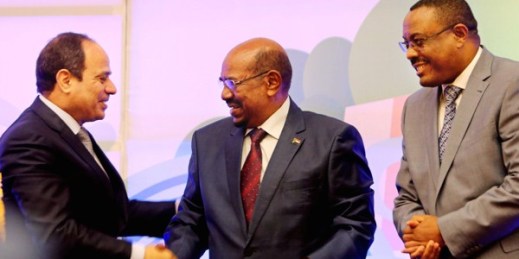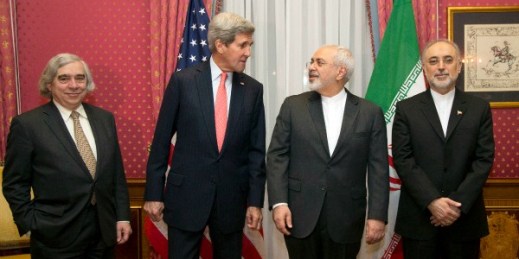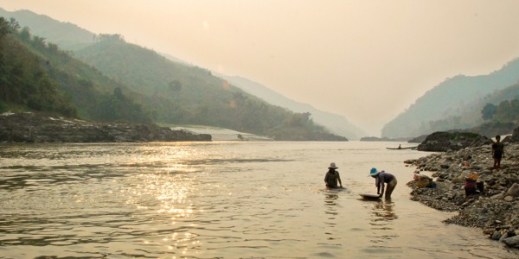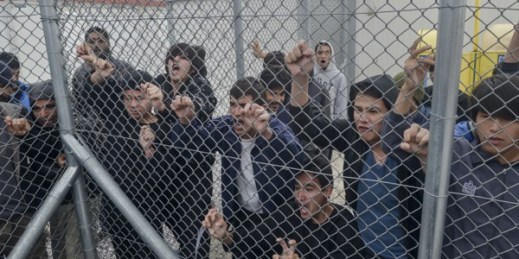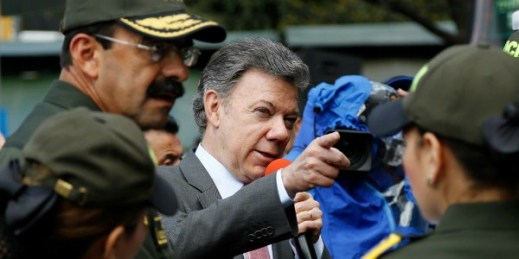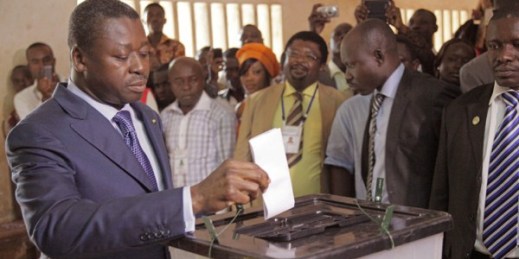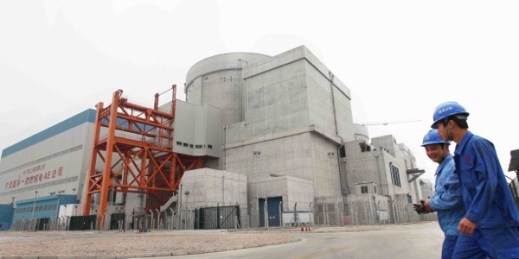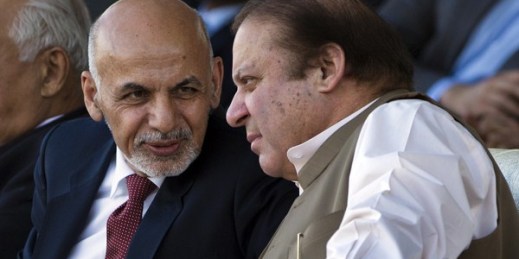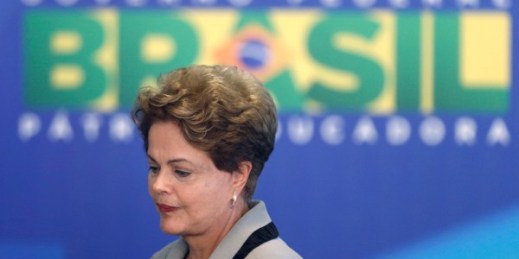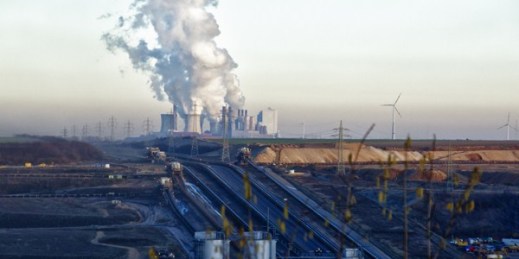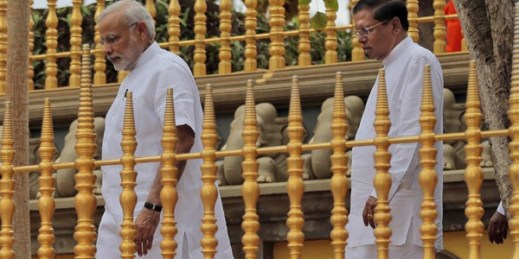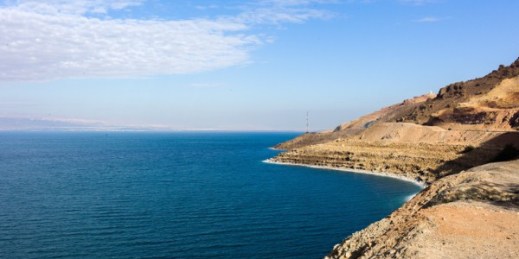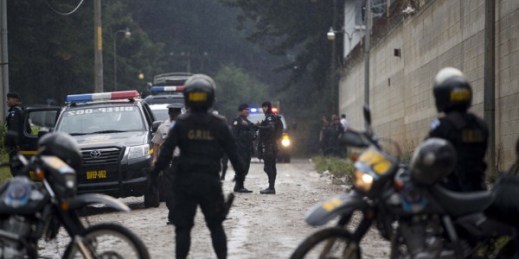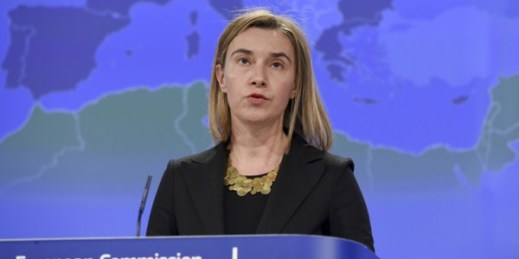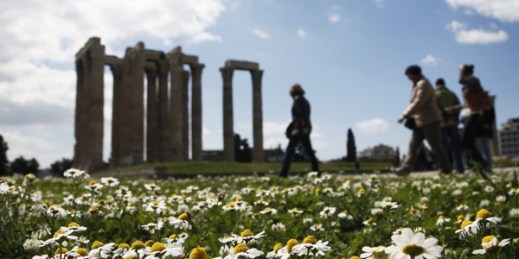
Despite marathon talks over the weekend, Greece and its creditors—the European Central Bank (ECB), the International Monetary Fund (IMF) and the European Commission—failed to agree on a list of reforms that Athens must implement before the next $7.8 billion tranche of its bailout package is released. Greece could run out of money before next week if those bailout funds are not dispersed. The government must repay about $482 million to the IMF on April 9, but given the current situation, that seems unlikely. Though it looks like there won’t be a deal before the end of the week, both sides […]

